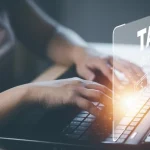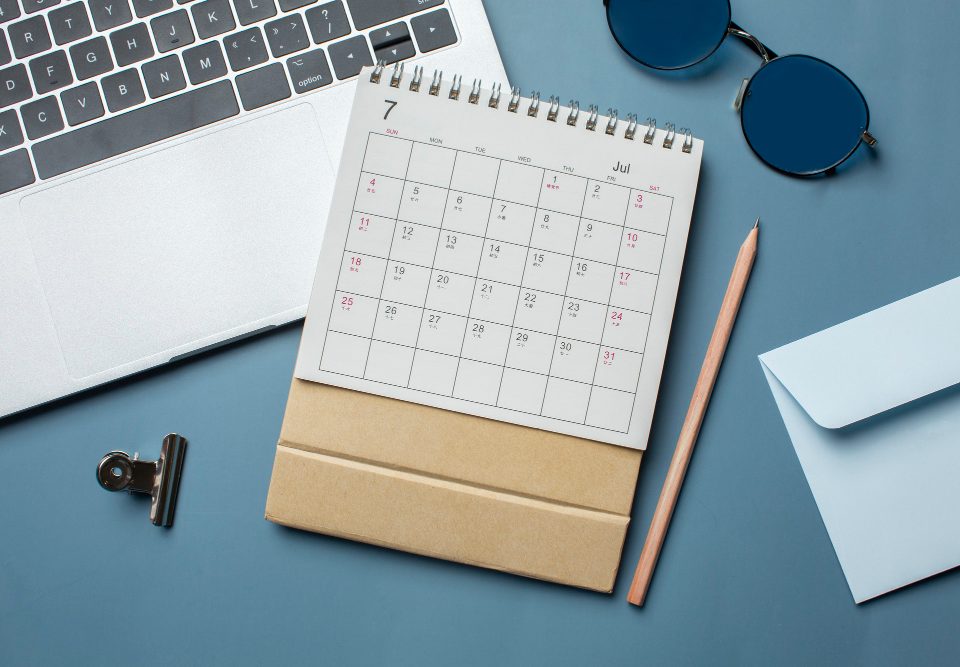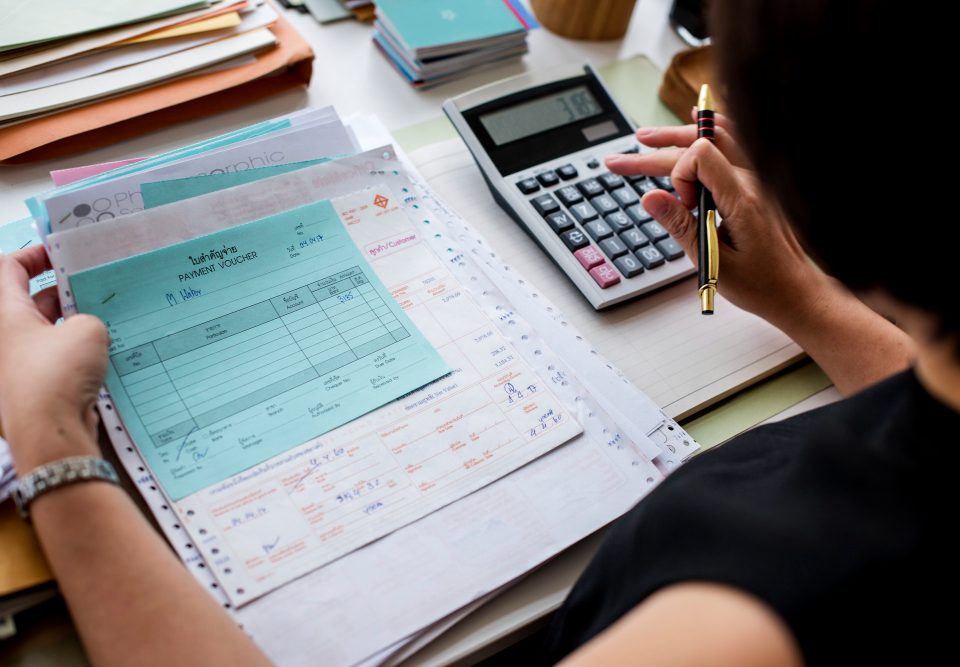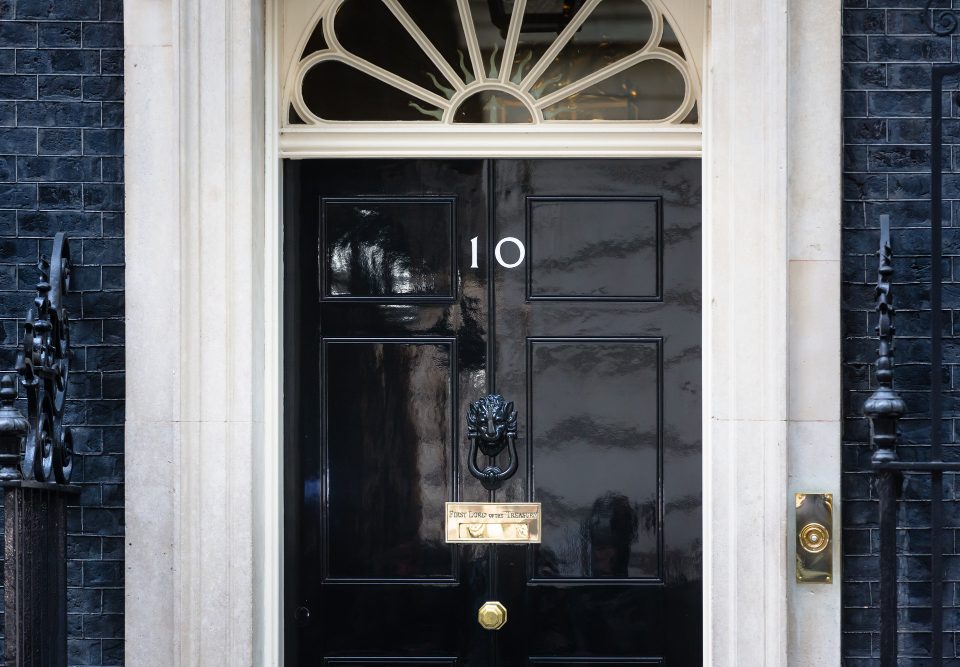So, it’s that time of year again. HMRC come knocking on your door and you have to pay the tax man the money due on your account. Unfortunately, this is part and parcel of running your own business. But what exactly is payments on account? This guide delves into the who, where and what of this tax.
What is payments on account?
In a nutshell, payments on account are advanced payments toward your tax bill. For self-employed people, this includes Class 4 National Insurance.
Unless you meet the following conditions, you have to make two payments every year on your account:
- The last Self Assessment tax bill you paid was less than £1,000
- In total, you’ve already paid over 80% of what you owe in taxes. For example, your bank has already deducted interest on your savings or you have paid through your tax code
When are payments on account due?
Ok, down to the nitty-gritty. Your tax bill will be paid twice a year, with each payment half of the previous year’s bill. The 31st of January and 31st of July are generally the due dates for payments.
Keep in mind that by midnight on 31 January next year, you must make a ‘balancing payment’ if you still owe tax after making your payments on account.
How to pay your payments on account?
There are loads of ways to pay your payments on account, it’s up to you which was you choose. Here are some of the options for you:
- Bank transfer
- Direct Debit
- Paying online with a business debit or credit card
- Sending a cheque through the mail
Always include your Unique Taxpayer Reference (UTR) number, this is important as it will distinguish your payment from everyone else. Your payment reference should be 11 characters, which is your 10-digit UTR number followed by the letter ‘K’. Also, make sure your payments arrive at HMRC before the two deadlines (31st January and 31st July).
Can you reduce payments on account?
Your HMRC payments on account can be reduced, only if you think your circumstances have changed. For example, if your income has decreased, your expenses have increased, or more tax has been deducted at the source than the previous tax year. If you believe this is the case for you please get in touch and we can go through this with you.
But, please be wary of misleading the tax man. If your income, expenses or tax at source is similar to the previous tax year, then reducing your payments on account may lead to an even bigger tax bill and potential late payment interest, later down the line. If this is something that you would like help with, please get in touch and see how we can help.
To reduce your payments on account, submit your tax return for the year this will then automatically adjust your payments on account. Please keep in mind that your payments on account will only be adjusted if your circumstances have changed (as explained above).
If you overpay payments on account?
So, what happens if you overpay on your payments on account? Well, this can happen from time to and if you have overpaid HMRC will send you a refund or offset any overpayment against upcoming payments.
If you underpay payments on account?
On the flip side, what if you underpay payments on account? In this scenario, you should pay the amount due ASAP. HMRC doesn’t take too kindly to underpayments and you’ll be charged interest.
Are there any late payment penalties?
Simply put, yes. A late payment penalty of 5% is automatically charged to any balances for the tax year that remain unpaid after 30 days of the following 31st January. Further late payment penalties apply where amounts are outstanding after 6 and 12 months.
Get in touch with Brian Alfred
Well, that’s a wrap. We’re experts in everything tax and can get you your tax refund, quick. If you need any help at all, please get in touch.










